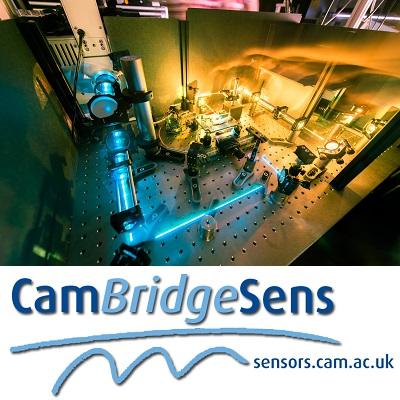
The department of Chemical Engineering will host the EPSRC CDT in Sensor Technologies and Applications which will involve 50 investigators and 20 departments across the University of Cambridge. The programme is strongly supported by leading industries who have committed to the programme with studentships and training.
The CDT builds on the foundations of CamBridgeSens, the University's network for sensor research. It brings together world-leading expertise, infrastructure and people from more than 20 departments across Cambridge. The programme will be underpinned by a consortium of industrial partners, which is tightly integrated into the CDT and through its needs and engagement will inform its direction. In the first year of their 4 year PhD programme, student cohorts will attend specialised lectures, practicals and research mini-projects, to receive training in a
range of topics underpinning sensor research, including physical principles of sensor hardware, acquisition and interpretation of sensory information, and user requirements of sensor applications. Team-building aspects will be strongly emphasised, and through an extended sensor project treated as a team challenge in the first year of their programme, the
students will together, as a cohort, face a problem of industrial relevance and learn how to address a research problem as a team rather than individually. The cohorts will be supported by a mix of academic and industrial mentors, and will receive business, presentation and project-management skills. During years 2 to 4 of their PhD course, students will pick a PhD topic offered by the more than 50 PIs participating in the CDT. Each topic on offer will be supervised by at least two academics from different departments/disciplines and may include industrial partners.
